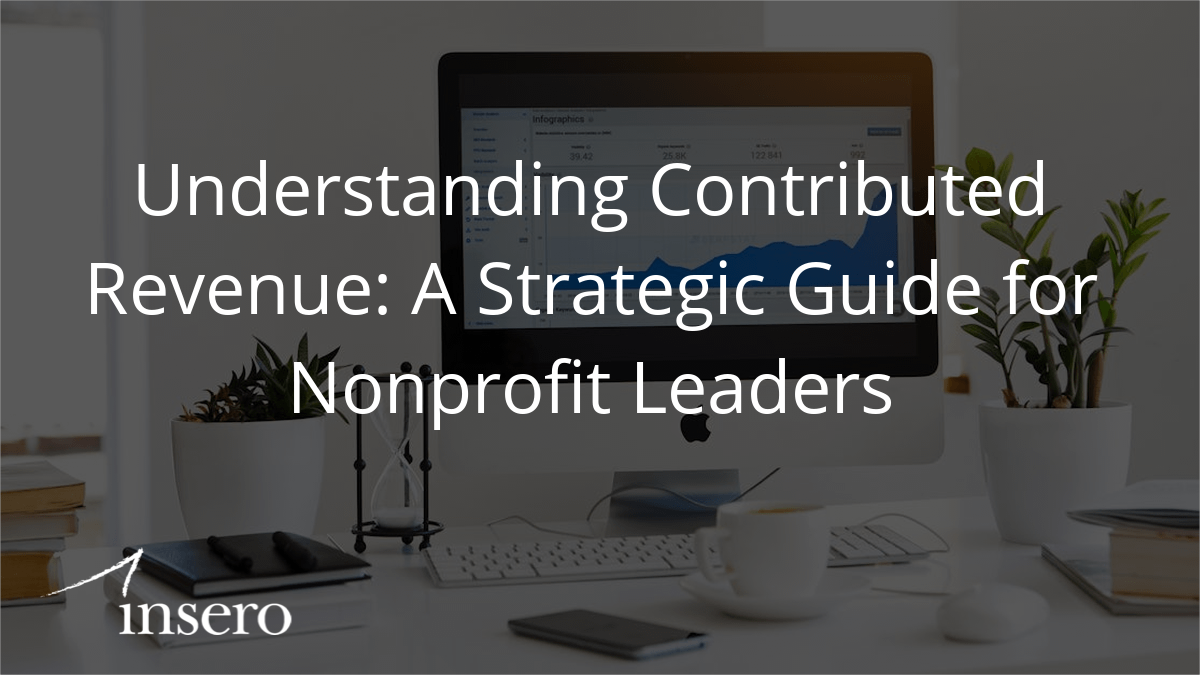ARTICLE | February 05, 2025
In the real estate business, effective cash flow management is not just a best practice; it’s a necessity. It is the lifeline that keeps the company afloat and thriving. Here we provide a comprehensive guide to cash flow management for real estate owners, highlighting its importance, common challenges, and practical tips for improving it.
Understanding Cash Flow
In its simplest form, cash flow is the cash movement into and out of your business. For real estate companies, income is derived from rents, sales, and other income sources while expenses include maintenance costs, taxes, and overheads. The balance between income and expenses clearly shows the business’s financial health. If expenses consistently exceed income, the company suffers negative cash flow, endangering its viability. Therefore, mastering cash flow management for real estate is crucial to ensure financial stability and growth.
Importance of Cash Flow Management
Cash flow management is a vital aspect of running a real estate business. It determines a company’s ability to meet its financial obligations, such as bills and payroll expenses. Through proper cash flow management, businesses can make informed decisions, track revenue, prevent shortfalls, and build reserves for slow periods. Moreover, understanding cash flow trends can help identify underperformance, prompting a necessary adjustment in the business strategy or marketing plan.
Common Challenges
Real estate businesses face unique cash flow challenges. Vacant properties, for example, do not generate income but still incur expenses. Fluctuations in property taxes can also negatively impact cash flow. Other common challenges include late payments from tenants and unexpected repairs or maintenance costs. Furthermore, poor management of cash flow fluctuations due to irregular income patterns can also pose significant problems. These challenges underscore the need for strategic cash flow management for real estate businesses.
Strategies for Effective Cash Flow Management
1. Financial Forecasting: This involves estimating future cash needs based on past income and expenses, current projects, and projected revenue. It helps identify periods of surplus or shortage, enabling the business to make strategic decisions such as allocating excess funds for investments or identifying borrowing needs in advance.
2. Automating and Optimizing Cash Flow Management: Several tools and services can automate the process of creating cash flow forecasts, projections, and statements. This not only saves time but also improves accuracy and efficiency in tracking and managing cash flow.
3. Reducing Costs: Lowering expenses is an immediate way to improve cash flow. This could involve renegotiating contracts with suppliers, reducing wastage, or finding more cost-effective ways of operating.
4. Proper Bookkeeping: Accurate recording of all transactions is fundamental to creating reliable cash flow statements and forecasts.
5. Regular Financial Reporting: Routine preparation of financial statements, including cash flow reports, provides valuable insights into the business’s financial health and facilitates timely interventions where necessary.
Cash flow management for real estate businesses requires a strategic approach. By understanding the nuances of cash flow in the real estate context, real estate businesses can optimize their cash flow, recognize its importance, identify potential challenges, and employ effective management strategies, paving the way for sustainable growth and success. Ensuring this critical business function is well-handled is key, and professional guidance can be invaluable in navigating this complex aspect of business management.
Looking for guidance managing your cash flow? Insero’s Outsourced Accounting Services Group has decades of experience helping real estate owners, operators, and investors manage their accounting. Contact us today to learn more.
Let’s Talk
Fill out the form below and we’ll get back to you to discuss your specific situation.




